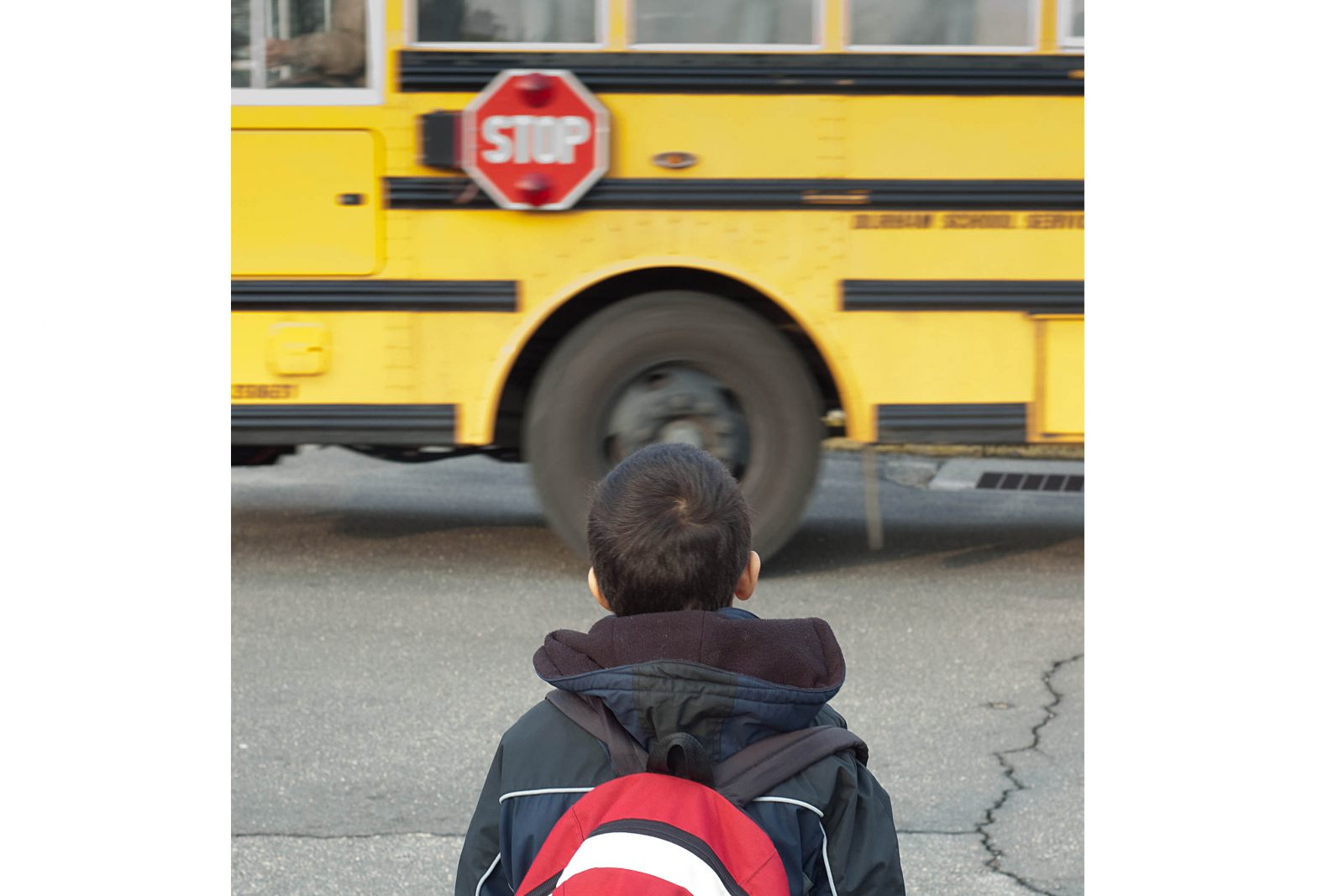CORNWALL, Ontario – On Thursday, Feb. 7, the United Counties of SD&G hosted a syposium to discuss challenges facing rural education. The symposium was a follow-up to a report on rural education commissioned by the United Counties. The report suggests major reforms be introduced into the education system, but local school boards say that they were not consulted on those changes or asked for their input.
“They did not reach out to us for our board’s perspective,” Todd Lalonde, Chair of the Catholic District School Board of Eastern Ontario (CDSBEO) said to Seaway News. “Nobody in Ontario will argue about the concerns about rural education,” he added.
He said that while the board was contacted by the consultants who wrote the rural education report, they were only asked for statistical information and background information and not for their own views as educators on the challenges facing rural education.
Lalonde was critical of the report, which as its first recommendation calls on the consolidation of Catholic and public school boards.
“We are not supportive of a single school system,” Lalonde said. “Competition is good and it keeps boards on their toes, and accountable in providing the best possible education for students. One system removes parent choice and could serve to reduce the quality of education provided in the long term as there is no pressure to refresh, renew and rejuvenate programming to attract students and staff.”
Lalonde said that he wanted to see students remain in their communities and go to schools that are as close to their communities as possible.
An ongoing pressure on rural education as Lalonde sees it is funding. Whether it be funding for student spaces or funding for student transportation, Lalonde said that he wanted to see more political support for rural education funding at the provincial level.
“Funding small rural schools continues to be challenging for boards, particularly in areas of enrolment decline,” he said. “There needs to be political support, including a minimum level of funding for these small rural schools to ensure rural communities can continue to have their children attend schools as close to home as possible. We are not against keeping rural schools open but minimum funding also has to be considered and provided to ensure these schools can be appropriately staffed so students have access to the level of programming/courses and resources they deserve,” he added.
While representatives from local school boards were invited to view the symposium on Feb. 7, they were not invited to speak. Lalonde said that he wanted to see greater cooperation between school boards, municipal governments, and grassroots activists.
“We can’t be on separate sides on how we go forward on rural education,” he said. “But that’s where we are at in this community right now.”
Upper Canada District School Board (UCDSB) Chair John McAllister said that he and several of his fellow trustees viewed the symposium on Feb. 7.
“While there are many challenges facing rural education, there are also many opportunities in this vast and rich UCDSB community,” said McAllister in an emailed statement to Seaway News.




